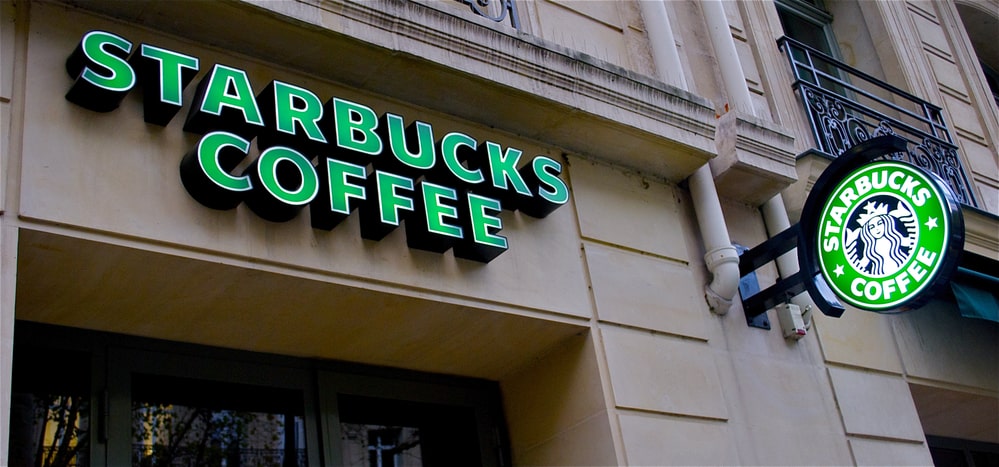Starbucks faces a legal challenge as a consumer advocacy group files a lawsuit, disputing the coffee giant’s assertion of ethical sourcing. The National Consumers League accuses Starbucks of deceptive claims, raising concerns about reported labor abuses on supplier farms.
The National Consumers League filed a lawsuit against Starbucks, challenging the company’s assertion of 100% ethical coffee sourcing.
Media reports highlighting abuses on coffee and tea farms supplying Starbucks prompt the lawsuit, casting doubt on the company’s commitment to ethical practices.
The lawsuit refers to a 2022 case in Brazil, where workers, including teenagers, were rescued from a coffee farm, allegedly facing harsh working conditions without protective gear.
Starbucks responds, stating it will vigorously defend against the claims and emphasizes its commitment to ethical standards.
Another incident mentioned involves a 2023 BBC report exposing sexual abuse and challenging working conditions on a tea plantation in Kenya, previously a Starbucks supplier.
Starbucks clarifies it no longer sources tea from the mentioned plantation, buying around 3% of the world’s coffee from 400,000 farmers in over 30 countries.
The National Consumers League contends that Starbucks’ certification program lacks transparency and doesn’t guarantee ethical sourcing, accusing the company of misleading consumers.
Starbucks developed ethical sourcing guidelines in 2004, conducts third-party verifications, and claims zero tolerance for child labor.
The lawsuit calls for legal action to prevent deceptive advertising and demands Starbucks to conduct a corrective ad campaign.
Analysis and Interpretation:
The lawsuit against Starbucks underscores growing concerns about transparency in supply chain practices, placing ethical sourcing under scrutiny. It prompts a broader discussion on corporate responsibility and consumer expectations.
The legal challenge raises critical questions about the veracity of ethical claims by major corporations, urging consumers to question the sourcing practices of companies they support. This case highlights the need for accountability in the global supply chain.
Starbucks’ legal battle over ethical sourcing claims reflects a broader societal shift toward demanding transparency from corporations. The outcome could influence corporate responsibility standards and consumer trust.
This analysis is based on information from the Associated Press (AP), providing insights into the lawsuit filed by the National Consumers League against Starbucks for alleged false claims of ethical sourcing.



